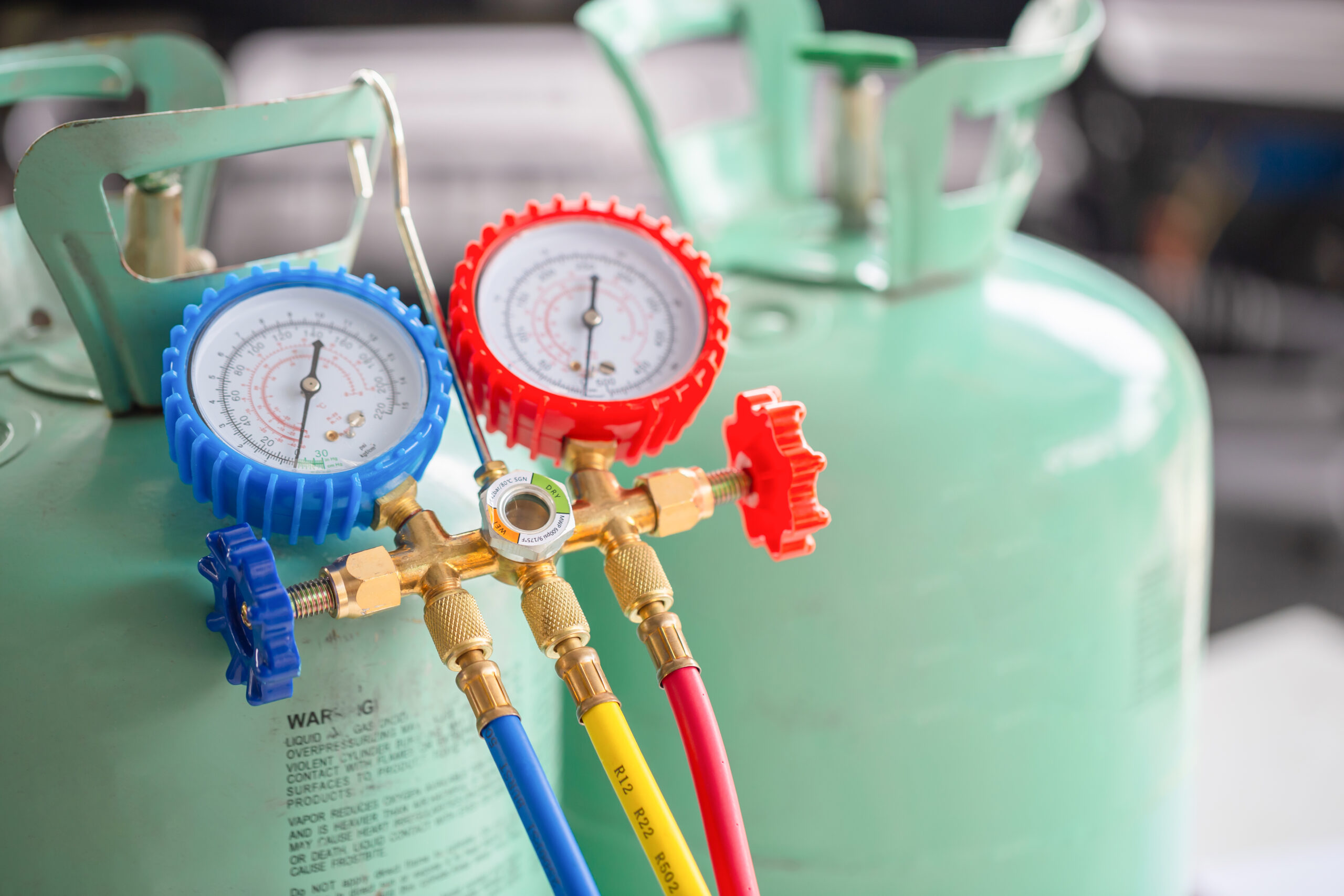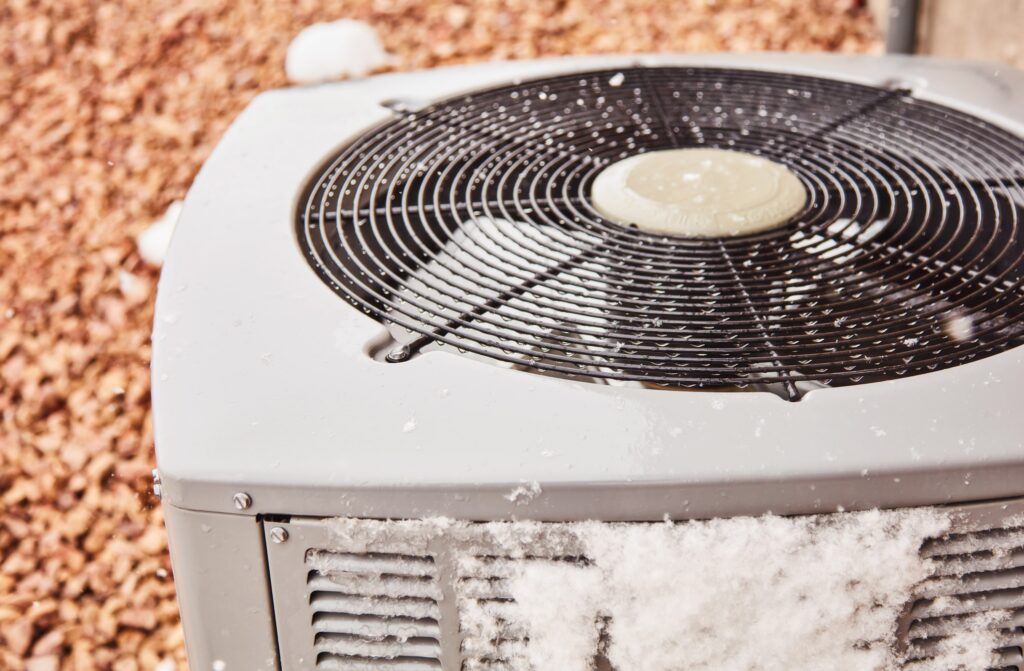Nothing is worse than turning your air conditioning on to provide some relief on a hot day, only to experience it blowing hot air. This is a common problem caused by a variety of issues.
When you call for professional AC service for an air conditioning system blowing hot hair, we will most likely check these components first, since they are often the most common:
Is the AC Breaker Blowing?
Blowing the AC breaker is common in many AC systems.
The essential root of the problem is that the AC is using too much electricity, or amps, and the breaker panel cannot handle it, so the breakers switch to the off position to protect the unit from sustaining damage.
Many issues could make the AC use more electricity than it should or blow the breaker.
Some of the most common include:
- Dirty air filters or a dirty unit that is not working efficiently.
- Blown motors or other electrical or mechanical malfunctions.
- The AC was incorrectly installed and the breaker is not designed to be compatible with it.
Any other issues that may impact the efficiency of the unit. If the unit is struggling to work properly, it will use more electricity and could result in a blown breaker.
Has the Unit Been Contaminated?
Your air conditioning system requires an absolutely clean environment to work properly. Otherwise, you may be at risk for the components to become contaminated and freeze. One of the most common components prone to freezing is the evaporator coil.
This component works to cool and condense the returning air from the system.
The coil is constantly working to remove humidity from the air. If the coil becomes contaminated, it will freeze.
You will notice increased humidity in your home in addition to warm air coming from the registers.
What About the Refrigerant Levels?
If you notice low refrigerant in your AC unit, do not simply try to add more without understanding the unique problem at hand.
Low refrigerant can be caused by a number of issues including manufacturer’s defects or accidentally pinching the tubes. Your AC relies on refrigerant to cool the air, so if the refrigerant is low, you will notice reduced cooling power.
As soon as you discover low refrigerant in the system, contact an AC specialist for an intensive examination of the unit.





